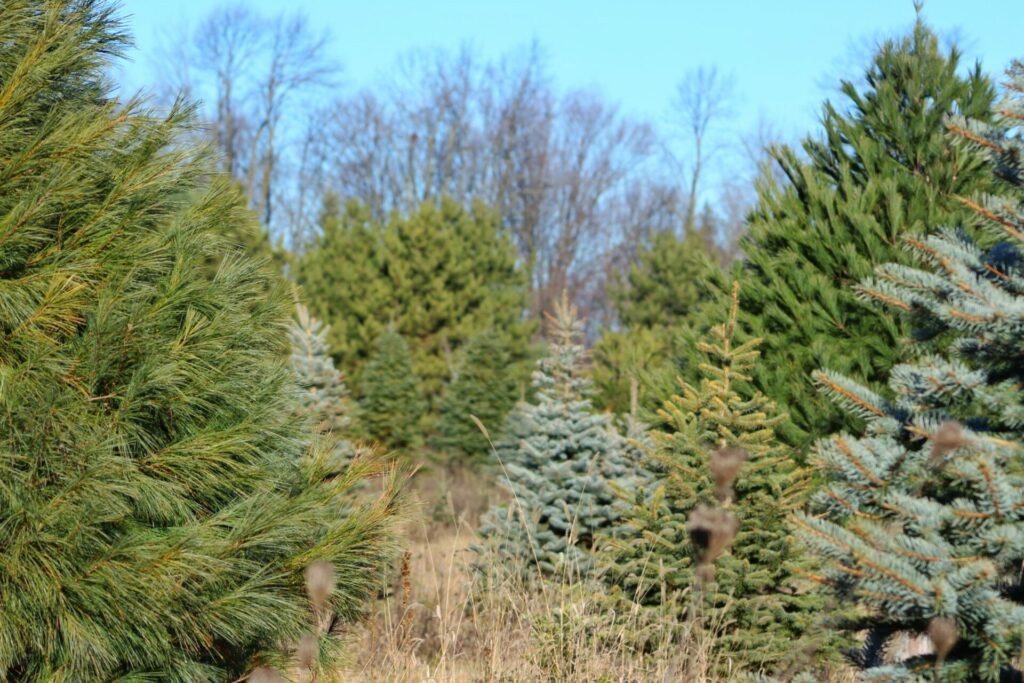In Belgium’s southern Luxembourg province, fir and spruce tree farms are facing a devastating crisis as cockchafer beetle larvae decimate sapling roots, RTL Info reports. The infestation is causing serious financial damages.
Belgium is one of Europe’s second largest exporters of fir trees, which are commonly used as Christmas trees. As of 2021, this industry occupied 3,120 hectares of land across Wallonia, but is predominantly centred in Luxembourg province. The sector employs around 1,000 people.
Didier Poncin, a local nursery owner, describes an invisible adversary lurking in the soil, with white worms silently feasting on young tree roots. "In September, we observed that some saplings were not recovering well. It became clear that the roots were completely gone," Poncin reveals.
The situation has compelled nursery owners to uproot and replant substantial sections of their Nordmann and Spruce trees, a predicament recently witnessed in Sart near Bertrix. 85% of all Christmas trees grown in Belgium are exported, of which around 80% are Nordmanns, and another 10% are spruces.
This year's beetle larvae infestation is notably severe, with Poncin noting stark contrasts among the saplings.
"On some, the roots are intact, but on others, they've been utterly consumed. Without nourishment, the saplings eventually die," the tree grower noted. In one nursery, the infestation impacted 80% of the Christmas firs, necessitating a large-scale uprooting and replanting effort.
"Planting a single sapling costs one euro in the first year. We've had to replace 30,000 of them," he said, pointing to a total loss of €30,000. The pest's lifecycle contributes to the ongoing challenge. The larvae mature in the soil over three years before producing new generations, making them a persistent issue.
Current environmental regulations prohibit insecticides, pushing fir tree farmers to seek alternative solutions. Some are now exploring the use of nematodes, microscopic worms with the potential to eradicate the destructive larvae.

